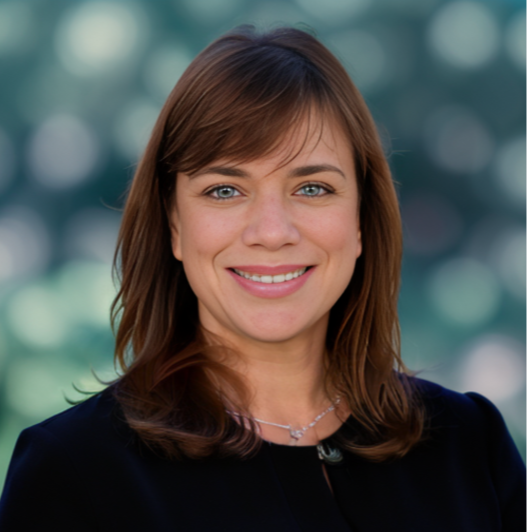A Modern Approach to Motor Development: Insights for Paediatric Physiotherapists
Rethinking movement in paediatric practice
Join internationally respected physical therapist Lisa Pinson for a focused, physiotherapy-specific discussion on the Perception–Action Approach (PAA) and its powerful role in supporting motor–cognitive development.
In this session, Lisa will unpack how PAA principles can transform the way paediatric physiotherapists understand, assess, and support children with a wide range of movement disorders — from cerebral palsy and developmental coordination disorder to neurological and movement differences.
You’ll Learn How To:
- Understand the motor–cognitive connection and how it impacts functional skills.
- Analyse movement differently — shifting from correcting patterns to encouraging variability and adaptability.
- Apply PAA principles in physiotherapy practice with practical, real-world strategies.
- Support children and families through meaningful, child-led movement experiences that drive long-term motor learning.

What Makes the Perception–Action Approach Different?
The PAA is a paradigm shift in motor therapy:
- Child-led movement rather than therapist-driven correction.
- Variability & adaptability to foster resilience and independence.
- Task-specific, meaningful activities that reflect real-world challenges.
- Caregiver involvement to strengthen carryover beyond the clinic.
Rooted in:
- Perception–Action Theory – Movement and perception form a continuous learning loop.
- Dynamic Systems Theory – Motor development is self-organising, shaped by multiple systems.
- Neuronal Group Selection Theory – Repeated, varied movement experiences build stronger neural pathways.

Meet Your Speaker
Lisa JH Pinson, Physical Therapist, U.S.A.
(PT, DPT, PCS)
Lisa JH Pinson, PT, DPT, PCS is a board-certified paediatric physical therapist with over 26 years of experience across a wide range of clinical settings. She is a founding board member and current treasurer of the Institute for Perception-Action Approach (IPAA), and has played a leading role in advancing the model globally.
Lisa founded the PEDI Center for Therapy in Phoenix and participated in a landmark NIH-funded study using PAA with children with cerebral palsy. She currently works at Children’s Healthcare of Atlanta and contributes to research at Emory University’s Pediatric Neonatology Brain Development Lab. Her work blends clinical insight, research, and a deep understanding of developmental movement.
Lisa brings warmth, clarity, and clinical depth – and is passionate about helping clinicians apply the Perception-Action Approach in real-world practice
Keen to discover more about PAA?
Read this important PAA article by Rahlin, M., Barnett, J., Becker, E., & Fregosi, C.M.: Development Through the Lens of a Perception-Action-Cognition Connection: Recognizing the Need for a Paradigm Shift in Clinical Reasoning (Free Full Text)
Check out this related PAA study, Feasibility of an intensive outpatient Perception-Action Approach intervention for children with cerebral palsy: a pilot study (Free Abstract)
Explore the PAA theoretical foundations on the official website.
Our Second Free Webinar Mini-Course Bonus: Ends Sep 17th
Get 100% Free Access to this PAA Webinar Mini-Course with 5 short video modules–
We've partnered with IPAA to offer you this exclusive opportunity
🎁 Limited-Time Bonus: Get FREE access to:
'The Role of Perception-Action in Learning'
(valued at $52 AUD). This offer expires 17th September, 2025. Click here to claim yours now before the offer ends!
Find out more about the Free Webinar
Take the next step in transforming your physiotherapy practice with the PAA course in October
If this webinar sparks new ideas, the 2-day in-person Perception–Action Approach course will give you the depth, tools, and hands-on practice to make them part of your everyday work.
In this immersive training, you’ll:
-
Go beyond theory with live demonstrations, video analysis, and practical labs.
-
Learn how to design therapy environments that foster variability, adaptability, and independence.
-
Explore real-world case studies that show how PAA principles drive long-term functional change.
-
Leave with ready-to-use strategies for children with cerebral palsy, DCD, neurological differences, and more.



